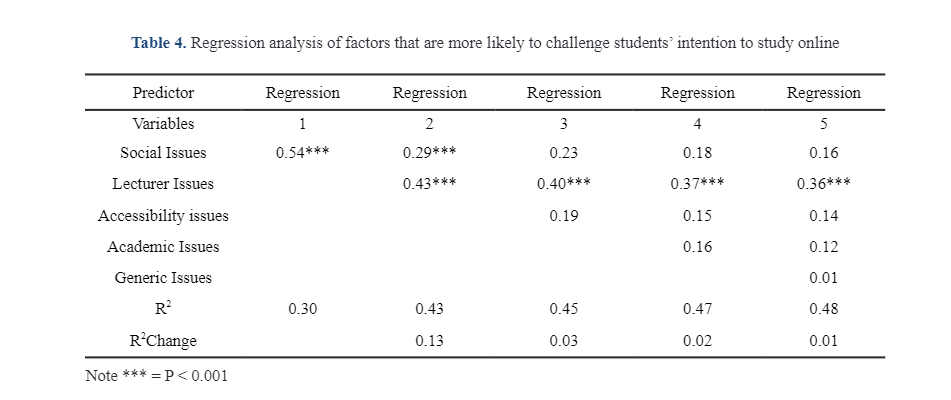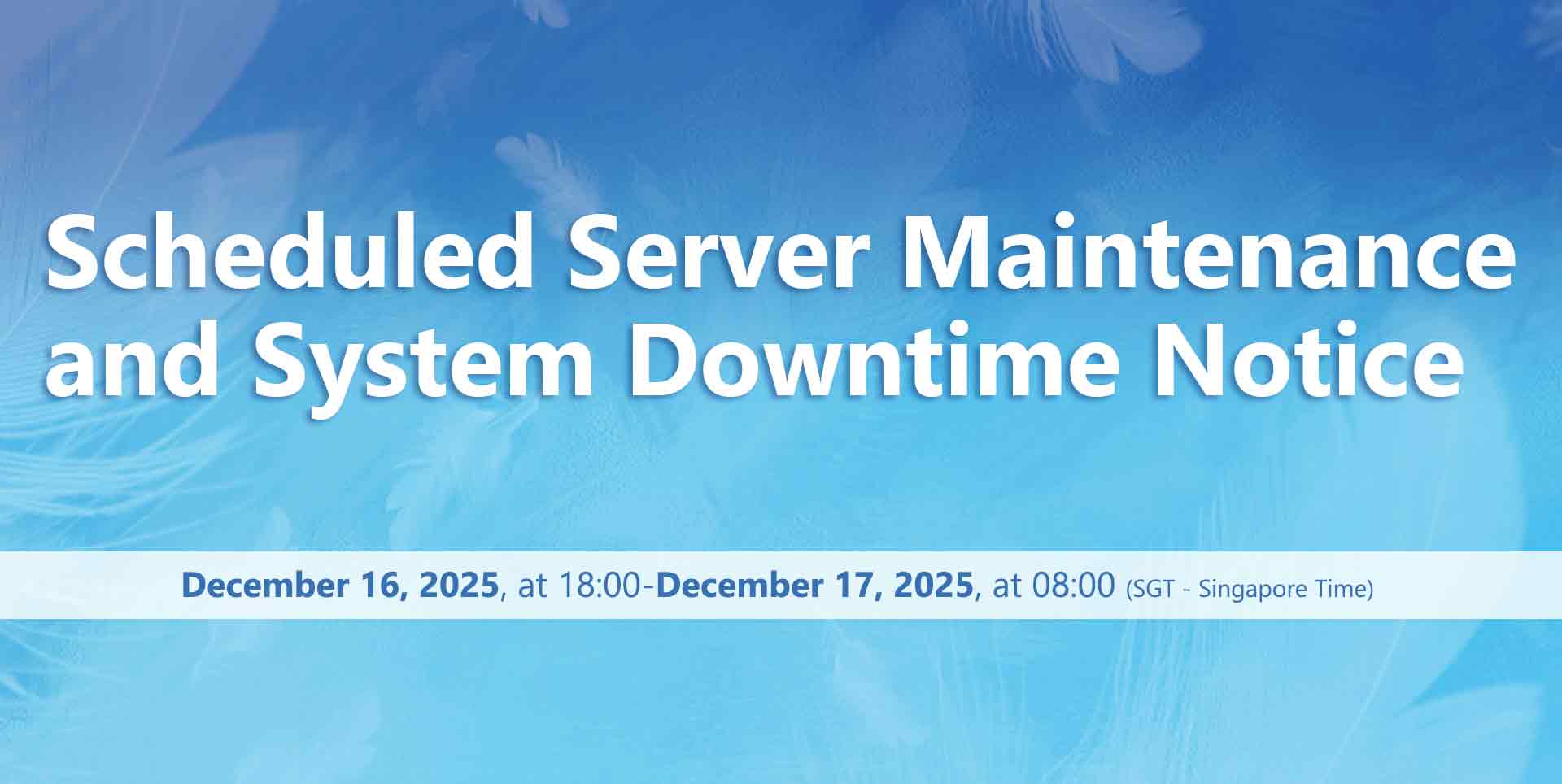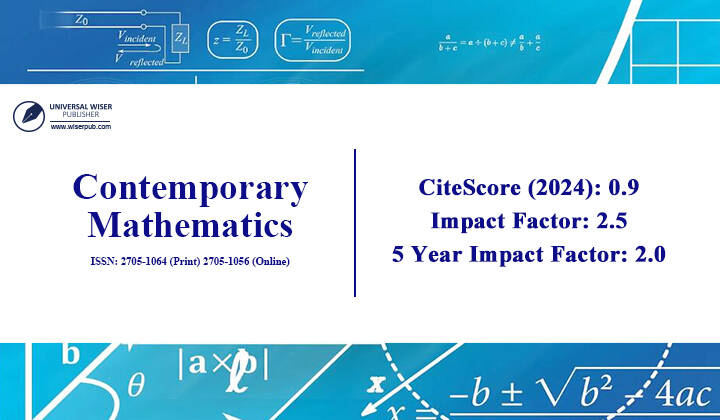


Problems associated with the transition from conventional learning (face to face) to online learning (e-learning) in the educational system are well documented. The present study explores the challenges students in tertiary institutions have reported facing in online learning in the era of coronavirus pandemic. Using a sample (n = 141), an initial principal component factor analysis was conducted to group the constructs. Eight groups that emerged were social issues, lecturer issues, accessibility issues, learner motivation, academic issues, generic issues, learner intentions, and demographics. Cronbach's alpha was used to determine the reliability of the scales resulting in the deletion of learner motivation. Comparing the means of the factors revealed that the most important challenge for students to study online was accessibility issues. This was followed by social issues, lecturer issues, academic issues, and generic issues. The mean for the individual items in learners' intention to study online showed that students were not ready to study online. A Multiple Regression Analysis was further conducted to determine which factors pose the most important challenges to the student's decision to study online. Social issues and lecturer issues were significant. In the final model, only lecturer issues were significant. A blended approach-where conventional teaching is combined with online teaching should have ushered the learners to complete online learning.

Scheduled Server Maintenance and System Downtime Notice Dec 16, 2025

Celebrating CM Editorial Board Members Recognized in the Wor... Oct 10, 2025

Food Science and Engineering Now Indexed in CAS Database Aug 20, 2025

Contemporary Mathematics Achieves Significant Milestone in 2... Jun 19, 2025

Three Journals under Universal Wiser Publisher are Newly Ind... Apr 21, 2025